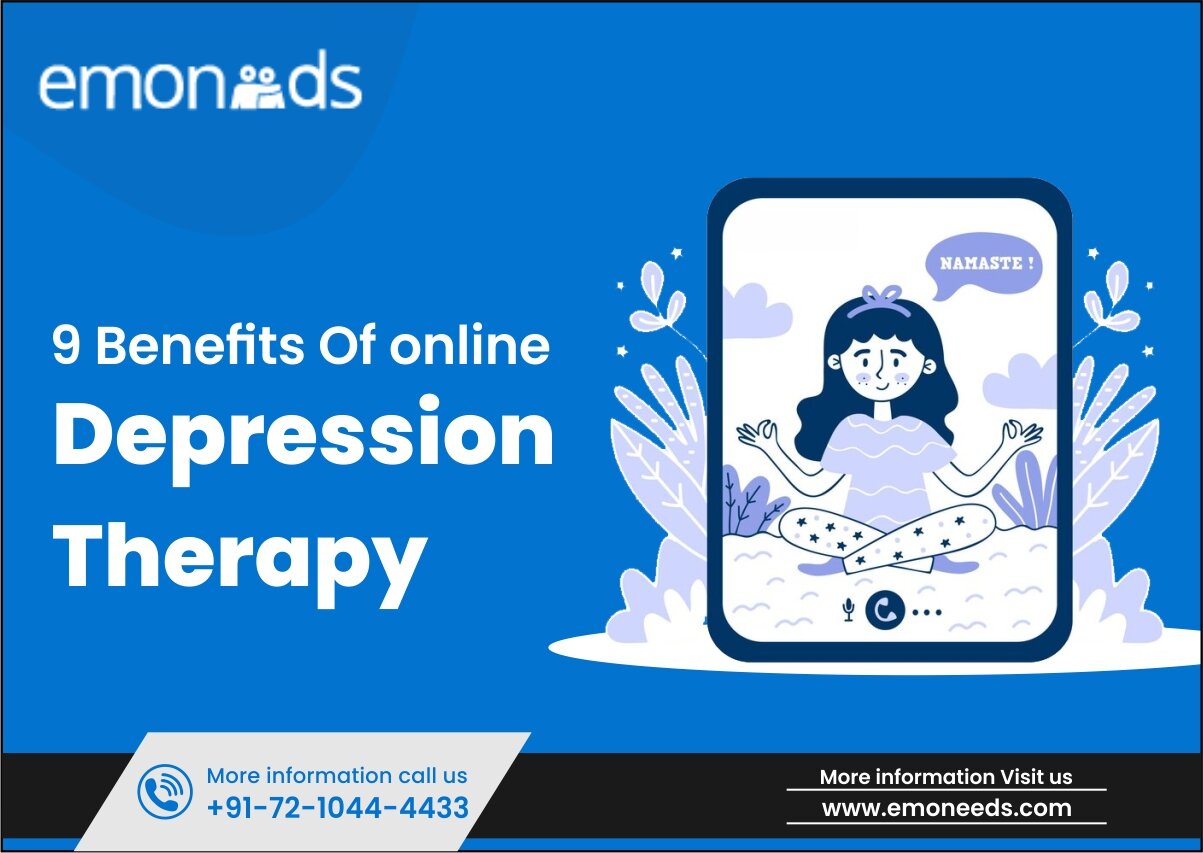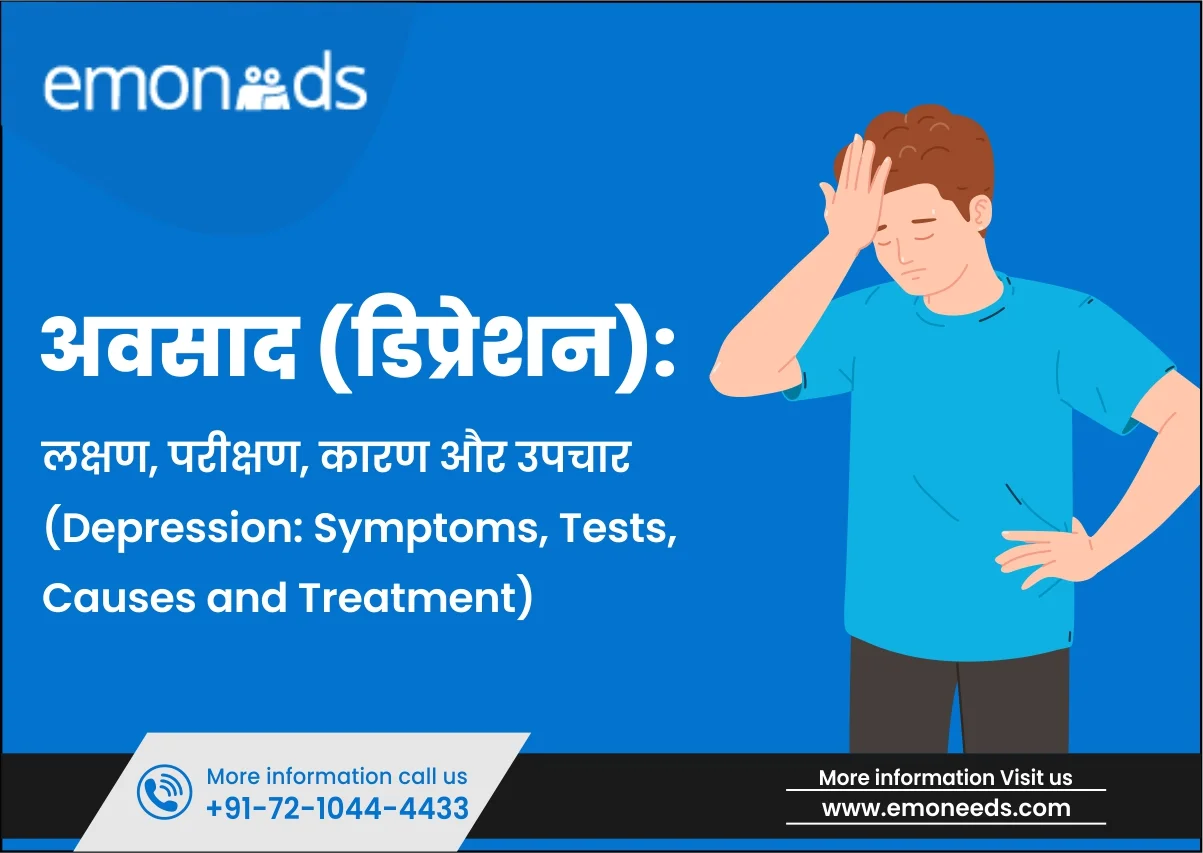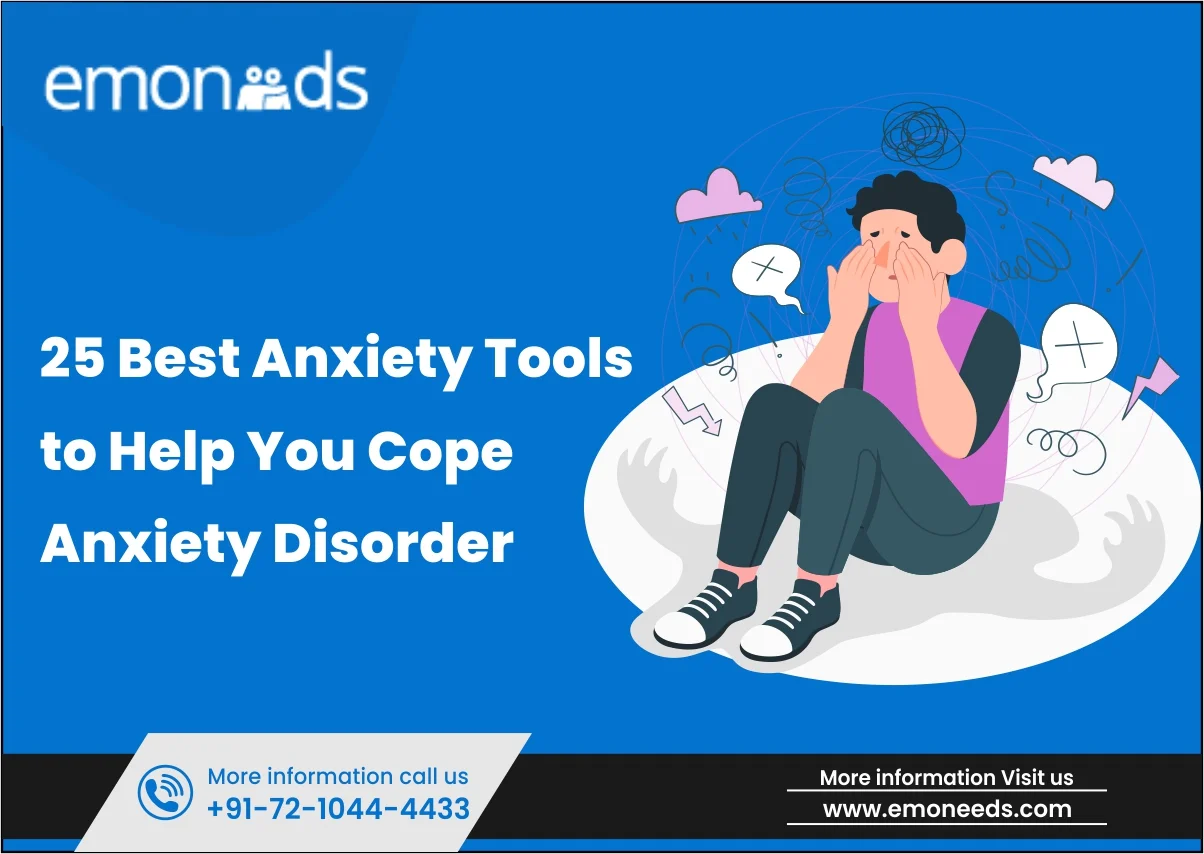
Love knows no boundaries, and in a world filled with highs and lows, standing by your partner’s side through thick and thin is the essence of a strong and enduring relationship. But when depression casts its heavy shadow on your partner, it can be an incredibly challenging journey for both of you. Depression is more than just a fleeting sadness; it’s a complex and often debilitating mental health condition that affects millions of individuals worldwide.
As a partner, witnessing your loved one grapple with the weight of depression can be heart-wrenching, and you might feel helpless at times. But remember, you have the power to make a significant difference in their life. This blog will explore nine unique and engaging ways to help your partner through their depression, going beyond the usual advice.
Research and Understand Depression Together
Depression is not a battle that your partner should face alone, and educating yourselves as a team can make a substantial difference. Embrace the journey of learning about depression together, just as you’ve navigated other aspects of your relationship.
- Consider reading books, watching documentaries, or listening to podcasts that shed light on depression. There are numerous resources available that can help you both gain a deeper understanding of the condition.
- Share your journey of research with your partner. By learning together, you not only gain knowledge but also demonstrate your commitment to being a supportive and involved partner.
- Spend an evening watching a documentary about depression, taking notes, and discussing it afterward.
- Consider attending workshops or support groups as a couple to gain a deeper understanding of depression and connect with others who are going through similar experiences.
- Keep up with the latest developments in the field of mental health. Share recent articles, studies, or news about depression to keep the conversation fresh and informative.
The Role of Nutrition and Exercise
A healthy body often paves the way for a healthier mind, and this principle holds true for individuals dealing with depression. Encourage your partner to make small, sustainable changes in their diet and exercise routine.
- Cooking nutritious meals together can be a shared activity that boosts not only physical health but also the bond between you.
- Keep healthy snacks readily available, so both of you can make better choices when hunger strikes.
- Encourage your partner to stay hydrated throughout the day.
- Establish fitness goals that you can work on together. This could be a specific number of steps walked each day or a fun fitness challenge.
- Engaging in regular exercise, whether it’s a gentle walk in the park or a full-blown workout, can have a positive impact on your partner’s mental well-being. Consider making it a part of your routine as a couple.
Mindfulness and Meditation
Mindfulness and meditation are powerful tools for managing depression. Practicing mindfulness can also enhance your own emotional resilience, allowing you to provide better support during challenging times. These practices can help your partner regain control over their thoughts and emotions.
- Start each day with a short mindfulness practice together to set a positive tone for the day. This shared experience can deepen your connection and provide a supportive environment for your partner’s journey to recovery.
- Explore mindfulness apps or online resources for guided sessions.
- Set aside time for silent reflection together.
- Keep a shared gratitude journal where both of you write down things you’re grateful for each day, fostering a positive mindset.
- Practice mindful eating during meals. Focus on the tastes and textures of your food, enjoying each bite together.
Reconnect with Shared Interests
One of the fundamental joys of being in a relationship is the shared interests and activities that brought you together in the first place. Depression can create a sense of isolation, but rekindling those shared interests can reignite the spark.
- Take time to rediscover hobbies or interests that both of you enjoy. These hobbies and activities can offer a refreshing escape from the weight of depression.
- Plan monthly outings or adventure days centered around your shared interests. Sharing enjoyable experiences can help create positive memories and strengthen your bond, providing much-needed relief from the shadow of depression.
- Create art, music, or other creative projects together as a way to reconnect and express your shared passions.
- Explore new interests as a couple. Trying something entirely different can also rekindle the spark.
- Schedule regular “tech-free” time to connect without distractions.
Create a Safe Space
Depression often thrives in silence, making communication a critical aspect of support. The creation of a safe, non-judgmental environment can be a lifeline for your partner.
- Set a specific time for regular check-ins where you can discuss feelings and concerns in a structured manner. Maintain eye contact and use comforting gestures during conversations.
- Engage in open conversations where your partner feels heard and understood. Be an active listener, and practice empathy by putting yourself in their shoes. Ask open-ended questions to encourage more profound discussions.
- If your partner has trouble expressing their emotions, practice the “5-Second Rule,” where you share your thoughts within 5 seconds, fostering immediate, open dialogue.
- Establish clear and healthy communication techniques that promote trust and openness. This approach can create an environment where your partner feels safe sharing their feelings and experiences.
- Understand and respect each other’s boundaries when discussing sensitive topics. Make it clear that it’s okay to take breaks when needed.
Heal with Nature
Nature has a remarkable ability to soothe the mind and reduce the symptoms of depression. Spending time in natural settings can provide solace for both you and your partner.
- Create a shared calendar specifically for outdoor adventures, ensuring that you make time for nature regularly. These experiences can offer respite from the struggles of depression.
- Bring along a camera or smartphone to capture the beauty of nature during your outings. Create a shared photo album.
- Create a dedicated outdoor space at home for relaxation and reflection. You can also set aside time for stargazing in your backyard or a nearby park.
- Go on a leisurely bike ride together to explore your surroundings. You can also have a picnic in a local park and enjoy the simple pleasures of nature.
- During nature walks, practice mindfulness by paying attention to the sights, sounds, and smells around you. The power of nature lies not just in its tranquility but also in the shared experiences it can create, further strengthening your connection.
The Power of Laughter
Humor is a potent antidote to the heaviness of depression. Laughter can be a therapeutic force, helping your partner break free from the cycle of despair. Laughter can provide relief from the constant weight of depression and offer a shared moment of levity in your journey together.
- Encourage humor in your relationship. Share funny stories, watch comedies together, or engage in light-hearted banter.
- Host themed movie nights with your partner, watching comedies or light-hearted films.
- Keep a journal of funny or heartwarming memories you’ve shared as a couple, and revisit it when needed.
- Plan a game night with board games or card games that bring out laughter.
- Attend a local comedy show or improv night as a couple.
Seek Professional Help as a Team
While your love and support are invaluable, professional guidance may be necessary. It’s crucial to approach therapy or counseling as a united front.
- When depression reaches a point where professional help is needed, approach this decision together. Discuss the benefits of seeking therapy or counseling as a couple, highlighting how it can strengthen your relationship.
- Take the initiative to research and select potential therapists or counselors together, showing your partner that you’re in this as a team.
- After therapy sessions, discuss the insights and strategies you’ve learned, making therapy an integrated part of your relationship.
- Your experience of attending therapy together can be a powerful example for others who may be hesitant to seek help.
- Offer support and encouragement when your partner has a therapy session, and vice versa.
Plan for the Future
Depression often casts a shadow over the future, making it challenging to see beyond the darkness. But creating a shared vision for the future can provide hope and motivation.
- Create a shared vision board with images and phrases that represent your future goals and aspirations. Revisit your goals and dreams regularly to ensure they align with your evolving aspirations.
- Share your individual strengths and how they can contribute to your future plans.
- Explore educational or skill-building opportunities for both of you.
- Research and discuss potential travel destinations or adventures you’d like to experience together in the future.
- Celebrate small milestones and achievements on your journey toward your shared future, reinforcing hope and positivity.
By incorporating these small actions into the strategies, you’ll create a deeper connection with your partner while supporting them through their battle with depression. Remember, it’s the consistency and love behind these actions that truly matter.
Conclusion
In navigating the complexities of depression within a relationship, remember that your support can be a guiding light for your partner. Embrace the challenge, learn together, and keep the flame of hope alive. As you journey through the labyrinth of depression together, you can emerge stronger, more connected, and better equipped to face life’s challenges. Your love and unwavering support can truly make all the difference in the world.
If you or your loved one needs professional guidance and support to navigate depression, don’t hesitate to reach out to Emoneeds. Our team is here to provide expert care and help you on the path to healing and well-being. Your mental health is our priority, and we’re committed to supporting you.















